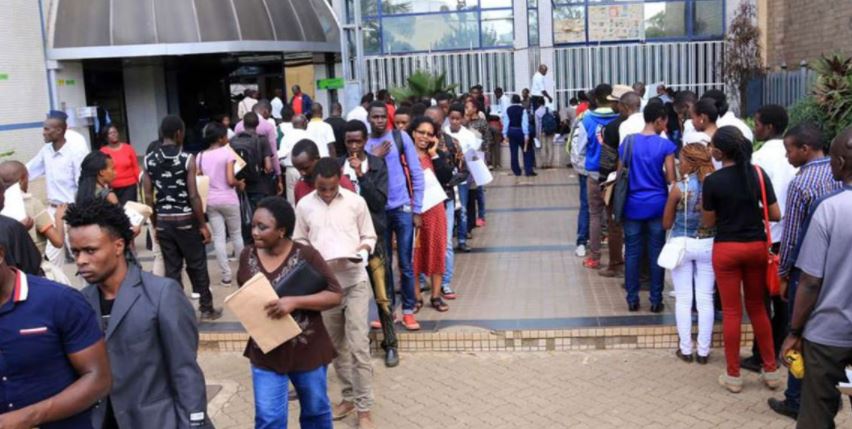
The Higher Education Loans Board (HELB) has reduced the average loan offered to university students from Sh45,000 to Sh37,000.
HELB CEO Charles Ringera attributed the Sh8,000 reduction to the effects of the Covid-19 pandemic.
Speaking Wednesday, Ringera noted that a significant number of former university students had defaulted on their loans after being rendered jobless.
Helb data tabled in Parliament on Wednesday shows an additional 38,314 graduates have defaulted on their loan financing in the 10 months to October when the Covid-19 crisis triggered layoffs and a freeze in hiring.
Loan accounts in default increased to 116,642 from the 78,328 recorded in December last year.
“Covid-19 has negatively impacted household incomes. Ordinarily, 80 percent of students admitted to universities would apply for HELB support but this year out of the 122,000 students placed in universities, the applications now stand at 155,000,” said Ringera.
Adding: “This indicates that the number of parents who would not necessarily have intended their children to borrow has now applied (to get a loan) due to loss of income.”
At the same time, Ringera warned that students who are in the second semester of their academic years and fourth-year students may miss out on loans despite making applications.
He also disclosed that more than Sh11.3 billion is in default out of the 45.5 billion students loans, giving Helb a non-performing ratio of 24.8 percent.
“The total mature outstanding debt is Sh45.5 billion held by 323,666 loanees out of which 207,024 are currently repaying their loans worth Sh34.2 billion,” he said.
The move to cut back on HELB loans comes at a time when the government is mulling reviewing university fees. Vice chancellors want fees tripled to keep the institutions afloat.
The proposal to increase fees from Sh16,000 to 48,000 was presented before the National Assembly Education Committee on Wednesday. It will be fronted to the President and the Cabinet in January for consideration.






